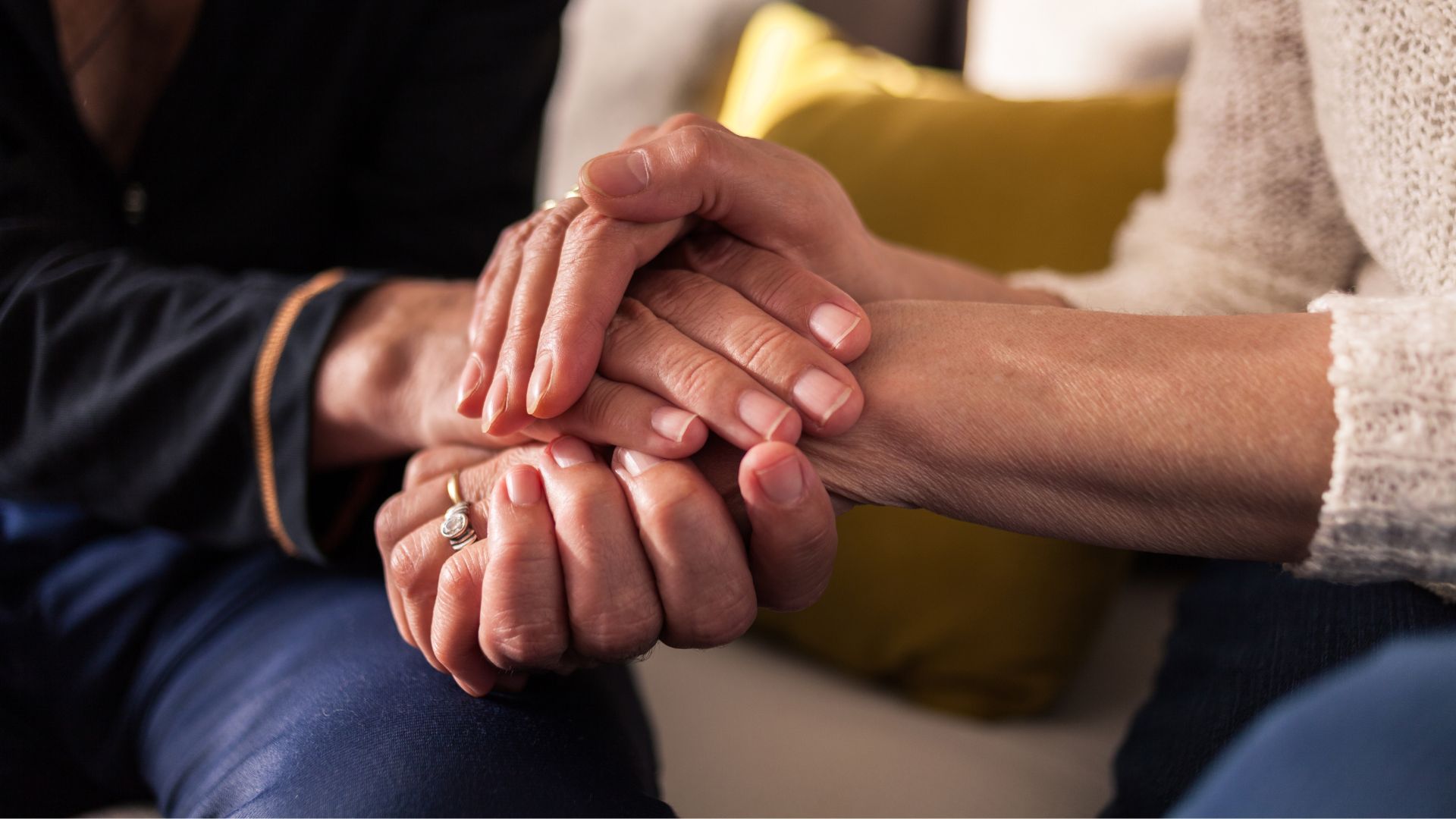Encouraging someone to get help for a mental health challenge can be a delicate yet profoundly impactful endeavor. When the people we care about are struggling with depression, anxiety or other behavioral health issues, it’s essential to offer the right support and guidance. Whether it’s a friend, family member, or colleague, showing empathy and care can make all the difference.
At Embrace Health, we get calls several times a week from people who are concerned about their family members, friends or patients and want to get help for them. We offer individual therapy, group therapy and psychiatric support. Mental health is just as important as physical health. If you’re concerned about someone’s mental health, you may want to encourage them to seek help.
In this blog post, we will explore the effective ways to initiate a conversation about mental health, provide valuable tips on offering support, and address what to do when someone resists seeking professional treatment. Remember, your encouragement can be a lifeline for someone in need, helping them take the first step towards healing and well-being. Here’s some guidance.

How do I Encourage Someone to See a Psychiatric Provider or Therapist?
- Show support, empathize, and offer to spend time with them. Let the person know that you care about them and that you’re concerned about their well-being.
- Educate yourself about mental health. Learn about different mental health conditions, treatments, and resources. Understanding their condition or circumstances better can help you provide more effective support.
- Choose the right time. Don’t try to have this conversation when the person is feeling stressed or overwhelmed. Choose a time when they’re calm and relaxed. Avoid bringing it up during heated arguments or emotional outbursts.
- Offer to help. Let the person know that you’re willing to help them find a psychiatric provider or therapist and schedule an appointment. You can also offer to be with them during their first appointment.
- Be patient. It may take some time for the person to come around to the idea of accepting help. Be patient and continue to offer your support.
What should I avoid when offering help to someone?
- Don’t offer immediate solutions or interrupt them while listening.
- Avoid ultimatums, while trying to understand their emotions and experiences.
- Don’t rush them. Give them time to respond.

How do I deal with a family member or friend if they resist help?
While you cannot control their decisions, your role as a supportive friend or family member can have a positive impact on their journey towards improved mental health.
- Set boundaries. It’s important to set boundaries with someone who is mentally unstable. This means not letting them cross your own personal boundaries and not taking on more than you can handle.
- Respect their decision. Respect their right to make their own decisions regarding their mental health.
- Offer resources. Offer to help them find psychiatric services, a therapist or mental health resources.
- Encourage small steps: If they are open, support them starting with a small step like local support groups or talking to Employee Assistance Program (EAP) or a counselor at their school.
- Take care of yourself. It’s also important to take care of yourself when you’re dealing with someone who is mentally unstable. This means getting enough sleep, eating healthy foods, and exercising regularly. It also means spending time with supportive friends and family members.
- Seek professional help. If you’re struggling to deal with a mentally unstable family member or friend, it’s important to seek professional help. A psychiatric provider or therapist can help you develop coping strategies and deal with the stress of the situation.
Encouraging someone to talk to a therapist or psychiatrist can be a difficult task, but it’s important to remember that you’re not alone. Remember that providing support and showing that you care can make a significant difference in their willingness to seek help.
There are many resources available to help you, and there are people who care about you and want to help. If you’re concerned about someone’s mental health, please reach out for help.
If someone is having a mental health emergency call 911 immediately. If you need someone to talk to immediately call 988.
Here are some additional resources that may be helpful:
- The National Alliance on Mental Illness (NAMI)
- The American Psychological Association (APA)
- The Substance Abuse and Mental Health Services Administration (SAMHSA)


